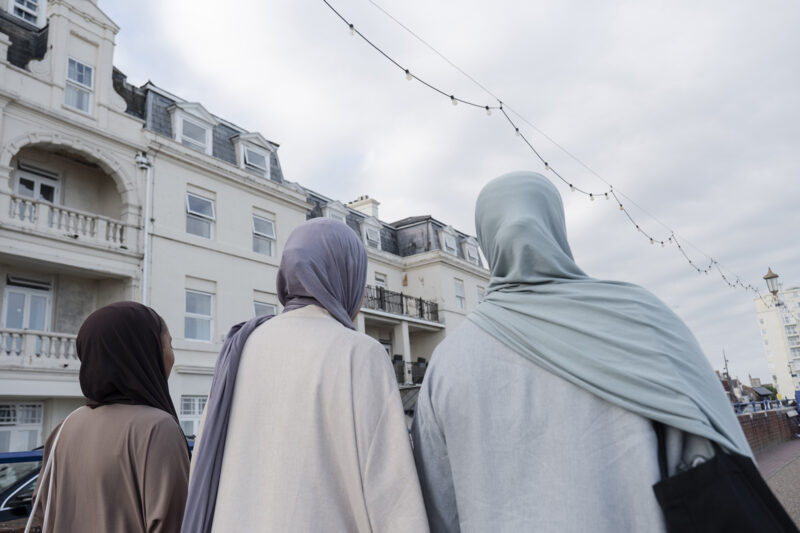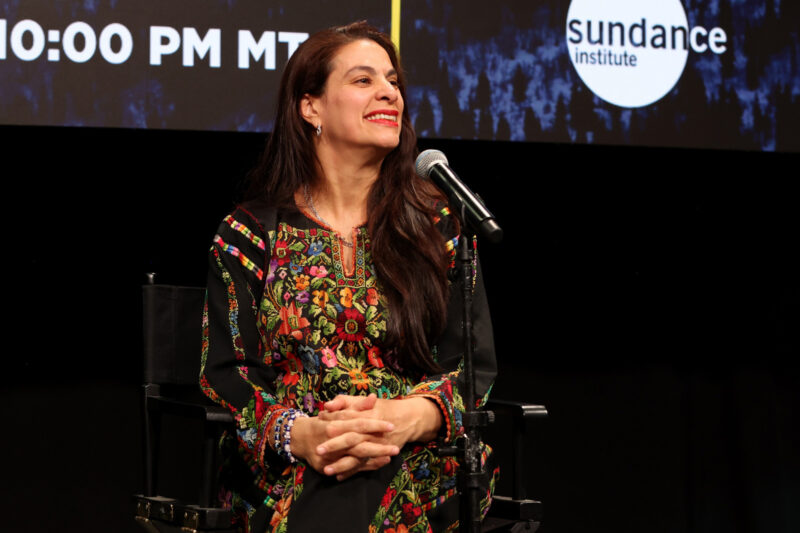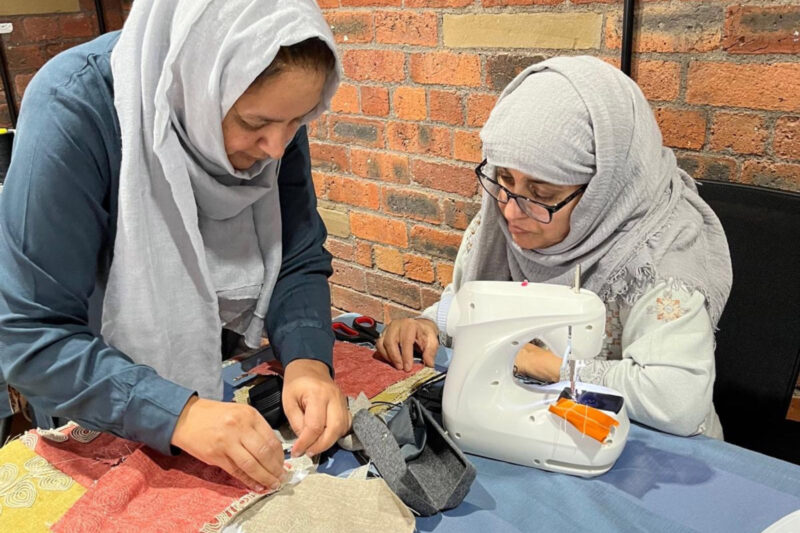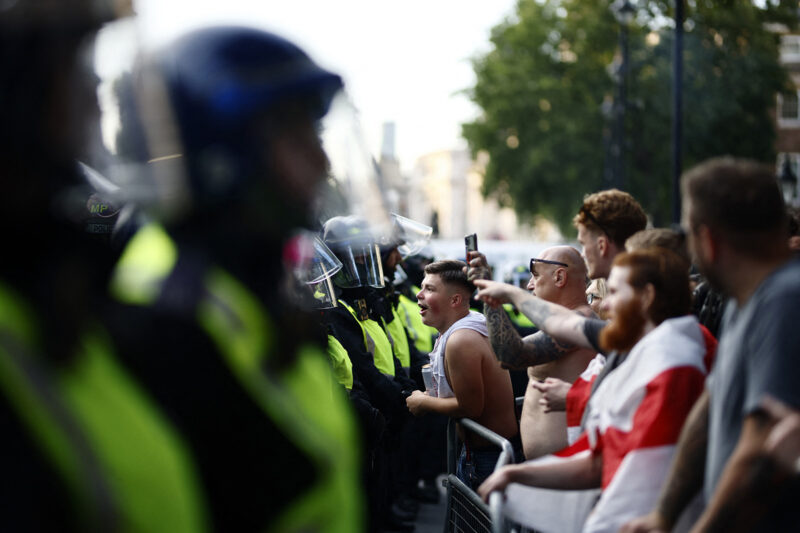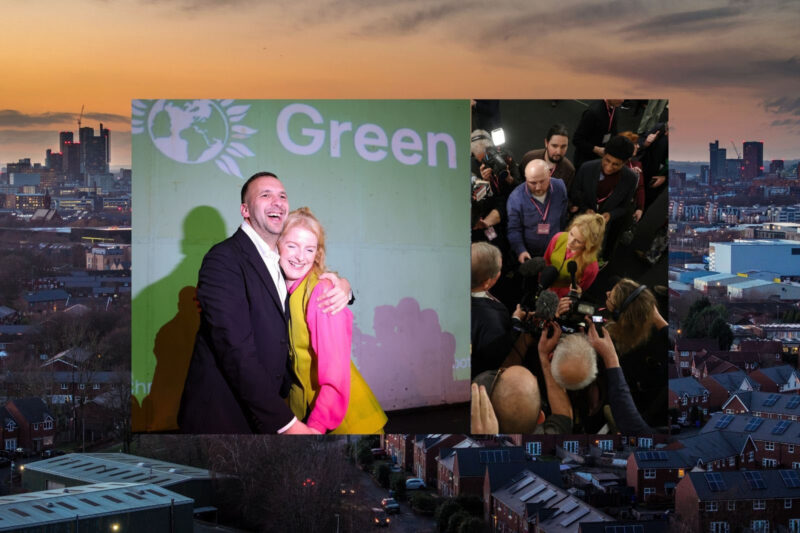Why are we still competing in the ‘hygiene olympics’?
The cleanliness trend is rooted more in a performative display of wellness rather than health or science
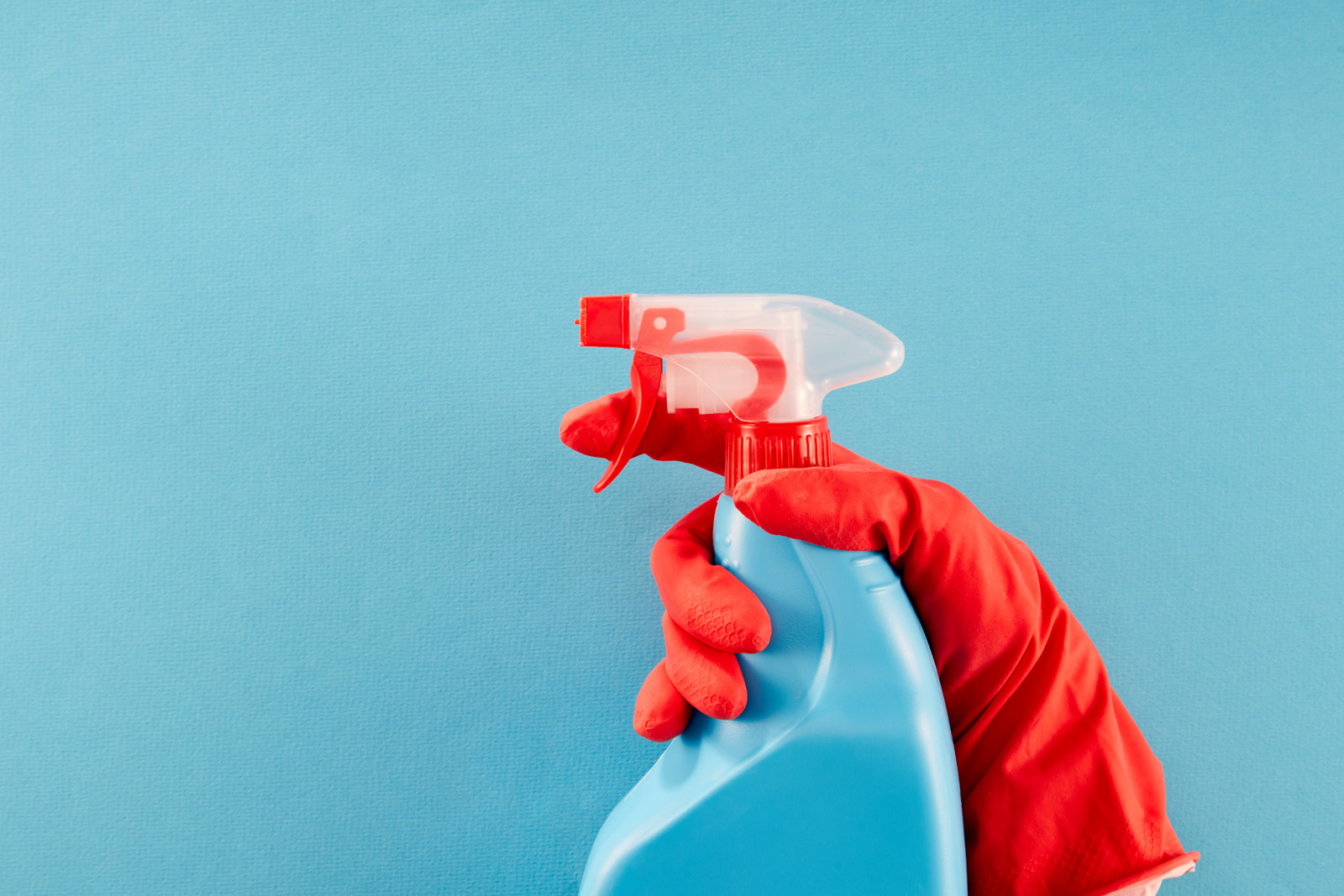
If you are unfortunate enough to spend as much time online as I do, there is a good chance the viral — but now deleted — Twitter poll asking if you “wash your legs when you take a shower” is forever burned into your memory.
After much heated discussion and incredulity over the fact that some people seem to forgo scrubbing their bottom halves, it became clear that the responses were largely divided along racial lines. White people were less likely to answer yes, while Black and brown respondents were aghast that the question even needed asking. In its wake, two of my white British friends sheepishly confessed to me that they had not realised they needed to wash their legs because “the soap trickles down”. I think about them, and all the other people with unwashed legs, every time I scrub my own in the shower.
Against a backdrop of unprovoked admissions of less-than-desirable hygiene practices from wealthy white celebrities, the internet has seen the rise of an antithetical trend that some users have called the “hygiene olympics”. The increasingly intensive “requirements” of #cleantok are rarely rooted in reality or science, but rather a performative display of purity. Essentially, people are boasting about things like taking multiple showers a day, never using a towel more than once, cleaning their dishes with bleach, and even washing their plastic Christmas tree in the bathtub, all with an air of unearned superiority and condescension towards those with less environmentally damaging cleaning habits.
Never ones to be left out, Muslim content creators have also hopped on the cleaning content trend, sharing their routines from a sunnah angle. Prophet Muhammad said that “cleanliness is half of faith”. Numerous hadiths regarding the importance of good hygiene as well as regular mandatory ritual bathing practices such as ghusl and wudu mean that maintaining a certain standard of cleanliness is central to being a practising Muslim. To be able to pray salah, Muslims must thoroughly wash themselves with water each time they use the bathroom. This means that if I skip a shower (I promise, only on days that I don’t leave the house or do any form of physical exertion), I still feel pretty clean.
The performative scrubbing fad we see online may in part be a hangover of the pandemic. The Atlantic’s Derek Thompson coined the term “hygiene theatre” to refer to the ways in which more effective measures for preventing the spread of Covid (mask-wearing, proper ventilation, social distancing) were ignored in favour of practices that were rooted in performance, such as obsessively disinfecting surfaces and groceries. “People are power scrubbing their way to a false sense of security,” he observed.
But it’s likely there are further cultural components at play when it comes to the wave of performative hygiene across social media. Much of the hygiene olympics content seems to come from Black and brown users, leading critics to wonder if these impossibly high standards of cleanliness are rooted in a post-colonial desire to disprove racist stereotypes about the “uncleanliness” of people of colour, dating back to slavery.
An 1899 ad for British brand Pears Soap claimed the product was “a potent factor in brightening the dark corners of the earth as civilisation advances”, alongside the assertion that “the first step to lightening The White Man’s Burden is through teaching the virtues of cleanliness”. Another infamous advert from the 1880s showed a Black child turning white upon being cleaned with the soap as evidence that it was “Matchless for the Complexion”.
These racist stereotypes regarding the uncleanliness of people with darker skin are particularly egregious considering that western Europeans were famously incredibly unhygienic, with stories of Native Americans unsuccessfully attempting to convince foul-smelling 17th-century pilgrims to bathe, while France’s King Louis XIV is said to have only taken three baths in his entire life.
Fast forward a few hundred years and this legacy seeps through harmful advertising. In recent decades, “feminine hygiene” has been marketed to Black communities encouraging dangerous practices such as douching with Lysol. More recently there’s been a rise in cosmetic products advertising themselves as combating vaginal odour, yet they have in fact been found to throw off the body’s natural pH balance. A 2023 study found that Black women were more likely to use these damaging products due to “stereotypes and discrimination related to beauty and hygiene”.
This, combined with the rampant rise of health-based misinformation on social media, has led to an erroneous belief among many that they are making healthier choices while often doing the opposite.
It’s important to acknowledge the extent people go to to clean themselves and their homes may be rooted in a post-colonial overcorrection. It is also, of course, arguably a matter of personal taste. Yet these admissions of extreme cleanliness online can ultimately come across as shaming those who are seen to fall short of their standards. As the social media hygiene olympics continue to rage on, it seems more and more people are power scrubbing their way into a false, bleach-scented sense of superiority.
 Newsletter
Newsletter



